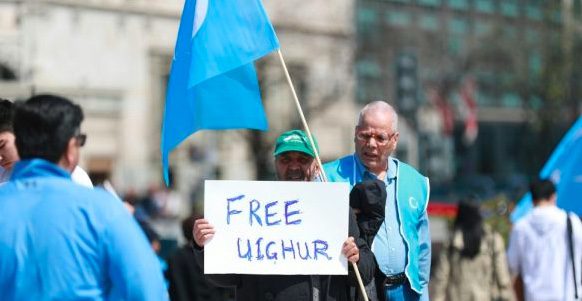
While Canada is slacking on enforcement, the U.S. expands Uyghur forced labor import ban
The Biden administration has expanded its Uyghur Forced Labor Prevention Act (UFLPA) Entity List by adding 29 companies allegedly linked to forced labor in China’s Uyghur Region. This marks the largest expansion of the blacklist since the law took effect in 2022. Canada, however, faces criticism for failing to enforce its own forced labor ban, even as the European Union adopts groundbreaking regulations.
U.S. ramps up efforts to address forced labor
The new additions bring the UFLPA Entity List to over 100 companies, whose goods are now presumptively blocked from U.S. entry under the 2021 law. Many of the newly banned entities are involved in agriculture, as well as mining and smelting of key materials like aluminum and lithium.
“Holding organizations accountable for their human rights abuses is a priority of ours, and has never been stronger,” said Homeland Security Secretary Alejandro Mayorkas, defending the administration’s actions. The UFLPA targets goods from the Uyghur Region, a key producer of cotton, tomatoes, and solar-panel components, citing documented forced labor abuses against Uyghurs and other minority groups.
Richard Vanderford for the Wall Street Journal reports,
The UFLPA has driven many businesses to probe their supply chains or risk having their shipments denied entry stateside. As of Nov. 1, about $3.66 billion in shipments have been at least temporarily blocked since the law took effect in June 2022, according to data from U.S. Customs and Border Protection.
Mayorkas highlighted the administration’s reliance on technology to detect supply chain violations, stating, “It’s sometimes very difficult to get the granularity in the supply chain, but we have made incredible strides in our investigative capabilities.”
